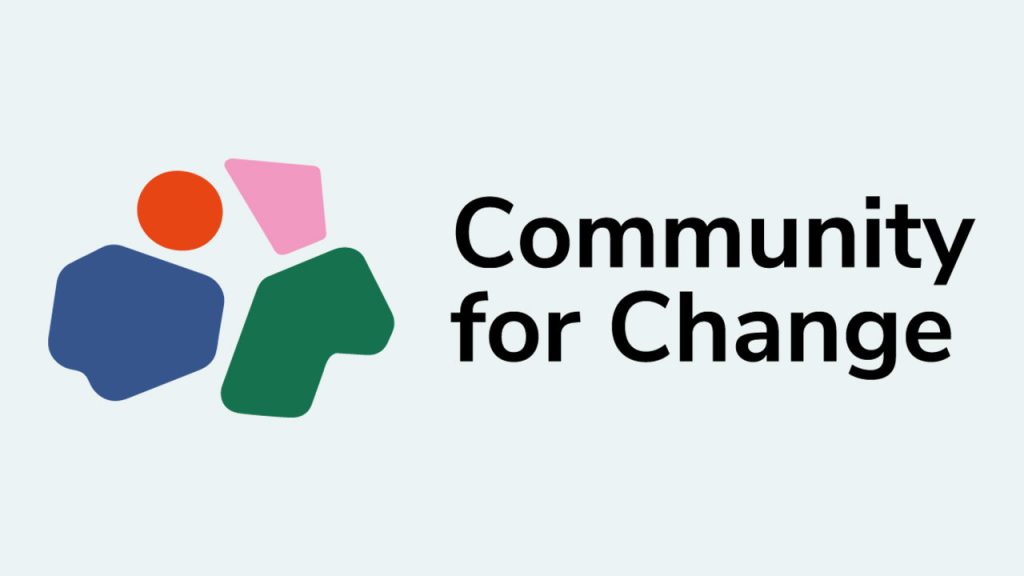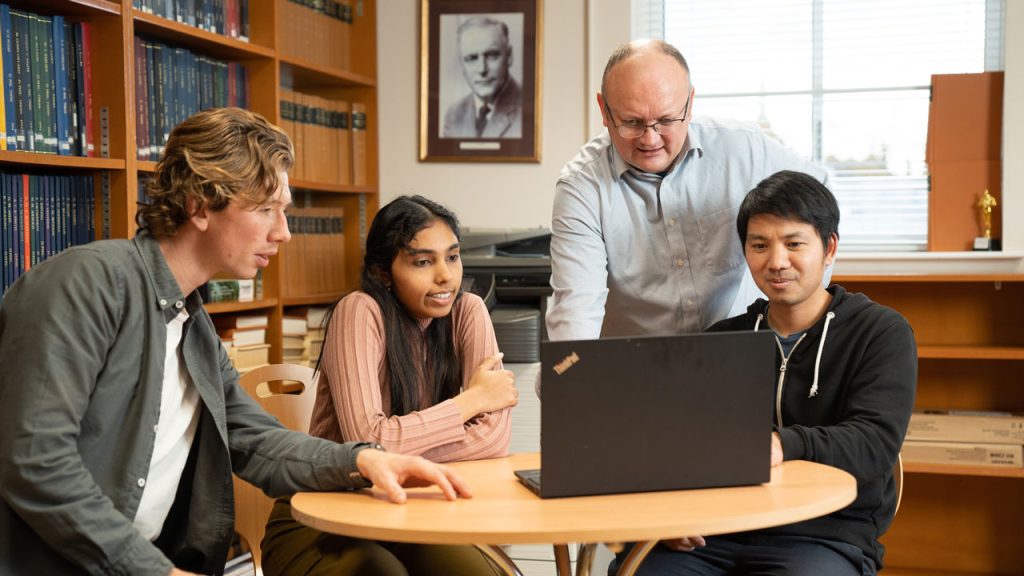
Community for Change
Our goal is to nurture an inclusive environment where equality and diversity thrives.
The Community for Change is an initiative to create a lively community of colleagues working to make environmental science more accessible for everyone, by taking part in coordinated engagement activities.
The Community for Change has curated a set of activities to allow us to build connections, learn, and work alongside people who are historically underrepresented in science.
“The Community for Change is part of our drive to make the National Centre for Atmospheric Science a place where everyone feels included. It means being proactive and ensuring that everyone is able to thrive and realise their ambitions.”
Professor Stephen Mobbs, Executive Director
There are many ways to be involved, from speaking at a careers workshop, to spending two hours per week tutoring a student, or hosting a facility open-day.
Our activities have been carefully selected with guidance from the Science Capital Approach and the Equity Compass, and fit neatly into our Equality, Diversity and Inclusion Living Action Plan. We will be working to support organisations with proven track-records in helping to make science accessible for all.

Everyone at the National Centre for Atmospheric Science can take part in the Community for Change as part of their day-to-day role. We’re asking that all line managers support staff members to take part in the Community for Change activities within their normal work plan.
“Community engagement work is important to our drive to improve diversity in environmental science. It’s a part of everyone’s job role. I encourage everyone to build Community for Change activities into your forward job plans and targets.”
John Eager, Operations Director
Representation in science
The lack of diverse representation in environmental science has been a longstanding issue.
As well as stifling scientific progress, the diversity crisis also prevents us from engaging with a broad set of perspectives, experiences and voices across society. Often the same people in society who are most affected by environmental challenges such as air pollution and climate change.
Across the research sector, there are many different types of underrepresentation, including gender, ethnicity, people with disabilities, and socially-economically disadvantaged populations.
We know that issues persist across many stages of education, role types and scientific areas, including in workforce representation, attainment gaps at undergraduate level, and grant award and fellowship. Multiple aspects of a person’s identity may combine to create different modes of discrimination and privilege.
We recognise that diversity can drive innovation and increase the talent pool. We strive to work in support of UK Research and Innovation’s vision for a research and innovation system by everyone, for everyone.
Through the Community for Change, our approach is to take a holistic view of the research environment and ecosystem, with a focus on building a more inclusive culture, where everyone feels science is for them.
How will the Community for Change make a difference?
The Community for Change aims to nurture a more inclusive environment by creating positive change for our organisation, for the environmental science sector, and for marginalised communities.
The initiative is a starting point for us to understand and address different barriers to participation in science, to develop our work with marginalised communities, and to show our commitment to Equality, Diversity and Inclusion.
Our activities provide a chance for colleagues to engage with different perspectives on science, to develop planning and problem-solving skills, to learn through new experiences, and to become advocates for promoting equal access to science.
In the audiences we work with, we’re working to support academic achievement and applications, provide industry connections, and demystify careers in science through access to facilities, mentorship and guidance.
With national oversight, the Community for Change is also well-positioned to promote our successes and our lessons for others to learn from, including our university partners and across the Natural Environment Research Council.
We hope our engagement-focussed approach to address the longstanding lack of diversity in environmental science will help to send a strong message that change is coming, and stitch Equality, Diversity and Inclusion into the fabric of our organisation and our sector.
Join the Community for Change
To join our Community for Change, we’re asking you to contribute through one of our supporting activities:
Everyone who takes part in any of our activities below will receive a welcome pack, and can stay connected through our Slack channel, mailing list, and meet-up events.
We encourage you to wear a small allyship badge – included in our welcome pack – to show that you value equality, diversity and inclusion in environmental science, and that you’re someone who is happy to offer a supportive voice. You can also add a Community for Change logo to your email signature by following the instructions in our Brand Guidelines.
Let’s send a clear message about our values at the National Centre for Atmospheric Science.
Become a tutor
The Access Project offers subject-based tutoring for students from disadvantaged backgrounds, helping to raise attainment and facilitate applications to top universities.
You can sign-up to become a tutor for The Access Project, and you’ll be paired with a 14 to 16 year old student studying towards their GCSEs.
You’ll be expected to provide one hour per week tutoring during term time, and The Access Project recommends spending around one hour as preparation time too.
Be mindful that our colleagues found they spent varying time – between three hours and thirty minutes – preparing for different tutoring sessions. If you’d like to talk to colleagues who have tutored over the last academic year, email communityforchange@ncas.ac.uk or ask a question on the #community-for-change Slack channel.
Around 92% of The Access Project students apply to a top university, versus 54% of young people from similar backgrounds who are not supported by The Access Project.
Host a placement
STEM Learning Research Placements and Experiences
Host a summer placement with STEM Learning Research Placements and Experiences, and help to provide meaningful work experiences for Year 12 students and your team.
NCAS has collaborated with STEM Learning for the past three years, hosting placements across our Leeds, Reading & York sites for more than 15 students.
These research and experience placements focus on real-life research projects and building sustainable skills for a career in STEM.
All of the students we work with are from low-income backgrounds or are the first in their family to attend university. 98% of participants found that their future job and university applications were supported by the placement experience. And, over 80% of providers said their experience had developed coaching, mentoring and management skills.
STEM Learning are offering two placements opportunities for NCAS staff to get involved in:
- A 2 week research placement – Focusing on a real-life research or development project with meaningful outcomes that contribute to NCAS’s current work.
- A 5 day experience placement – Working with an NCAS team to increase career related knowledge and sustainable skills for employment.
You will need to identify, and plan out a live research question that a placement student can contribute towards, or highlight areas within your team a student could learn sustainable skills for employment.
If you would like to host a placement, email communityforchange@ncas.ac.uk for more information by Monday 31 March 2025. Past placement examples and more information on the two types of placement can be found in the Staff Resources Google Folder.
If you have any queries about hosting a placement, let us know. Email communityforchange@ncas.ac.uk.
How to stay connected
A dynamic and vibrant Community for Change relies on everyone taking part in shared spaces that we’ve created to reflect and share with each other.
We encourage you to become part of our national community by talking in our Slack channel. Our Slack channel is #community-for-change in the National Centre for Atmospheric Science workplace.
We want you to share feedback, tell each other about different experiences, and contribute to an informal learning space where everyone can help to shape future engagement activities at the National Centre for Atmospheric Science.
